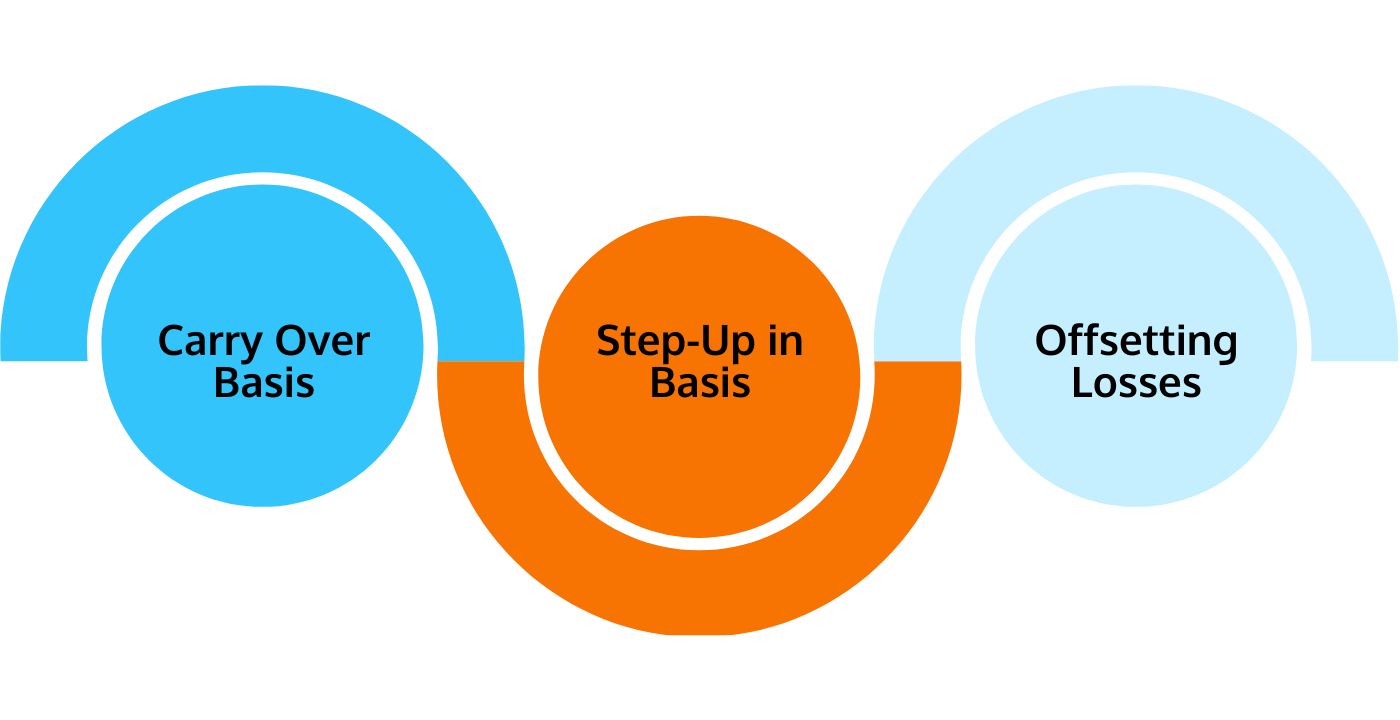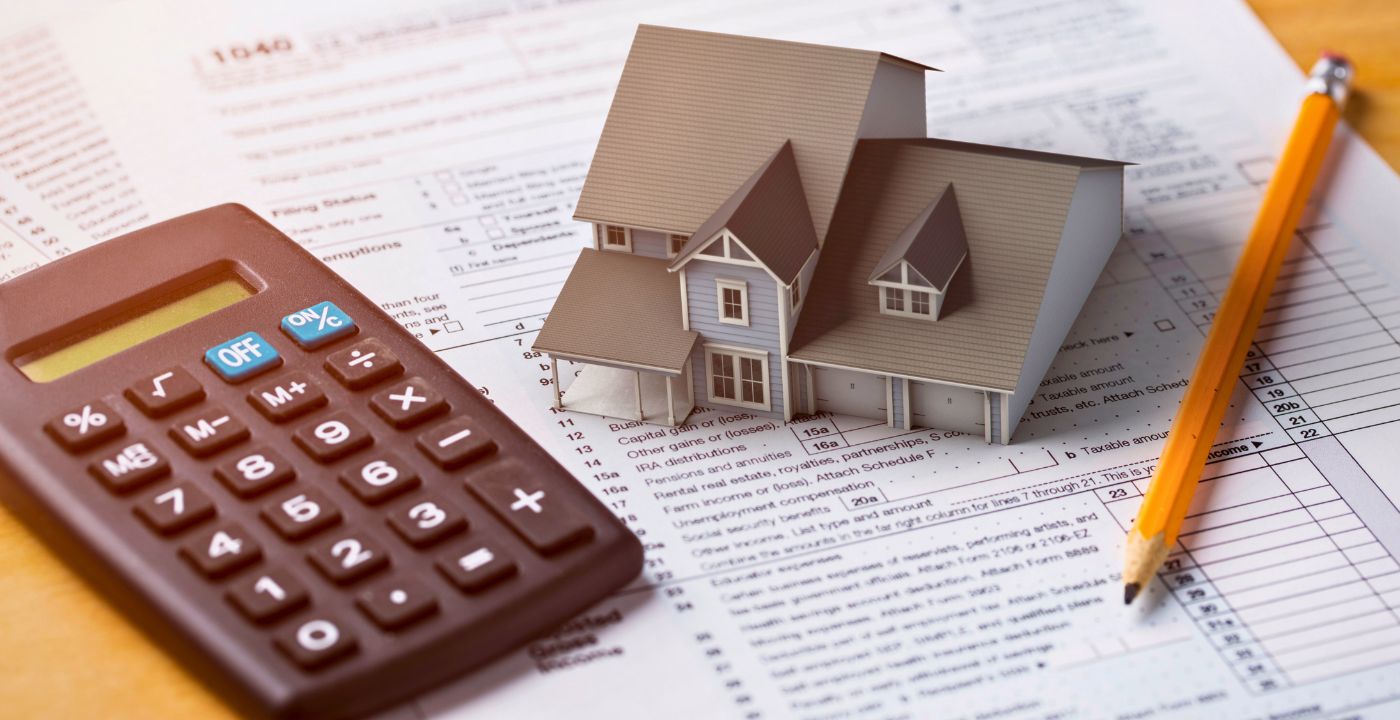Key Summary
- Capital gains tax varies with ownership length; less tax for longer ownership.
- Massachusetts has lowered its short-term capital gains tax from 12% to 8.5% in 2025.
- Federal tax on profits from sales depends on how long you’ve owned the asset and your income.
- There are some exemptions on capital gains tax such as for homes under certain prices and the 1031 exchange.
- Save on taxes with exemptions for selling your home, gifting, inheriting property, and balancing losses against gains.
Types of Capital Gain Tax
Capital gains tax comes in two types: short-term and long-term, based on how long you’ve owned the asset before selling it.
Short-Term Capital Gains Tax
Short-term capital gains tax is for assets held for one year or less and is taxed at rates comparable to your income tax level, usually resulting in higher tax obligations.
Long-Term Capital Gains Tax
Long-term capital gains tax applies to assets you’ve held for more than one year, offering lower tax rates and potentially reducing your tax burden.
How Much Are Capital Gains Taxes on a Home Sale?
In Massachusetts, there is both federal and state capital gains tax to pay when selling a home. The federal capital gains tax varies based on income level and the period the property was owned.
Let’s first take a look at the federal capital gains tax rates for 2025:
Federal Capital Gains Tax Rates for 2025
Long-term Capital Gains Tax
| Filing Status | 0% Tax Rate Range | 15% Tax Rate Range | 20% Tax Rate Over |
|---|---|---|---|
| Single | Up to $44,625 | $44,626 to $492,300 | Over $492,300 |
| Married Filing Jointly | Up to $89,250 | $89,251 to $553,850 | Over $553,850 |
| Married Filing Separately | Up to $44,625 | $44,626 to $276,900 | Over $276,900 |
| Head of Household | Up to $59,750 | $59,751 to $523,050 | Over $523,050 |
Most people will pay no more than 15% tax on their profits from selling assets. Those with the lowest incomes might not pay any tax. Special rules, however, mean some profits, like from selling small business stock or collectibles, could be taxed up to 28%, and certain property sales up to 25%.
Short-Term Capital Gains Tax Rates
Short-term capital gains are taxed just like your regular income, according to different tax brackets. Here’s a table showing the 2025 tax rates for short-term gains:
| Tax Rate | Single Filers | Married Filing Jointly | Married Filing Separately | Head of Household |
|---|---|---|---|---|
| 10% | Up to $11,000 | Up to $22,000 | Up to $11,000 | Up to $15,700 |
| 12% | $11,001 – $44,725 | $22,001 – $89,450 | $11,001 – $44,725 | $15,701 – $59,850 |
| 22% | $44,726 – $95,375 | $89,451 – $190,750 | $44,726 – $95,375 | $59,851 – $95,350 |
| 24% | $95,376 – $182,100 | $190,751 – $364,200 | $95,376 – $182,100 | $95,351 – $182,100 |
| 32% | $182,101 – $231,250 | $364,201 – $462,500 | $182,101 – $231,250 | $182,101 – $231,250 |
| 35% | $231,251 – $578,125 | $462,501 – $693,750 | $231,251 – $346,875 | $231,251 – $578,100 |
| 37% | Above $578,126 | Above $693,751 | Above $346,876 | Above $578,101 |
How Much Is Capital Gains Tax in Massachusetts?
Massachusetts treats capital gains tax from real estate sales similarly to other capital gains. The State also has some of the highest capital gains rates in America.
If you are planning to sell a property in MA, you’ll need to plan for this. Here’s a summary of the rates based on filing status:
Massachusetts Capital Gains Tax Rates
| Filing Status | Massachusetts Short-Term Capital Gains Tax Rate | Massachusetts Long-Term Capital Gains Tax Rate |
|---|---|---|
| Single | 8.5% | 5% |
| Married Filing Jointly | 8.5% | 5% |
| Married Filing Separately | 8.5% | 5% |
| Head of Household | 8.5% | 5% |
Most people will pay no more than 15% tax on their profits from selling assets. Those with the lowest incomes might not pay any tax. Special rules, however, mean some profits, like from selling small business stock or collectibles, could be taxed up to 28%, and certain property sales up to 25%.
Are There Any Exemptions for Capital Gains Taxes on Real Estate?
You may be wondering if there is a way to avoid MA capital gains tax when selling a house. Generally, it is unavoidable, however, there are some exemptions available for homeowners in Massachusetts.
These exemptions are designed to offer relief under specific conditions, ensuring that not all gains from the sale of a property are subject to tax. Exemptions available include:
Single Individual Exemption
Eligible for single homeowners who sell a home for $250,000 or less, assuming the exemption hasn’t been claimed in the last two years. This exemption helps single owners avoid capital gains tax on moderately priced homes.
Married Couples Exemption
This offers a higher exemption threshold of $500,000 for married couples who have lived in their primary residence for at least two of the past five years. This exemption can only be used if not claimed in the previous two years, recognizing the joint ownership and investment in the property.
1031 Exchange
The 1031 exchange, named after Section 1031 of the U.S. Internal Revenue Code, offers a unique way to defer capital gains taxes. If you reinvest the proceeds from your real estate sale into another property within 45 days, you can potentially defer all capital gains taxes.
This option is available to both individuals and entities like corporations and LLCs. It’s a strategic choice for those looking to invest in another property while avoiding immediate capital gains taxes.
How to Save Money on Capital Gains Tax in MA

When selling property in Massachusetts, there are strategies to potentially lower your capital gains tax. Here’s how you can save money:
Carry Over Basis
If you receive a property as a gift, its original purchase value carries over to you. For example, if you’re gifted property bought for $25,000 now worth $500,000, your basis remains $25,000. Selling it without living there for two years to use the personal residence exclusion could lead to a hefty tax on the profit.
Step-Up in Basis
Inherited property’s value is recalculated to its worth at the owner’s death, which can greatly reduce capital gains tax if sold. This makes tax calculations simpler and can offer significant savings, though it may be offset by estate taxes for larger estates.
Offsetting Losses
You can lower your tax liability by offsetting property sale gains with losses from other investments within the same year. Losses not used can be carried over to offset gains in future years, helping manage taxes more strategically.
Frequently Asked Questions
How Do You Calculate Capital Gains on a Home Sale?
To calculate capital gains, take the sale price of your home and subtract the original purchase price plus any improvements. Remember to factor in any applicable exemptions to find the taxable gain.
Can I Deduct Home Sale Expenses from My Capital Gains?
Certain selling expenses can be deducted from your capital gains. These include real estate agent commissions, legal fees, and any home improvement costs made specifically for the sale.
What Happens If I Sell My Home at a Loss?
If you sell your primary residence at a loss, unfortunately, that loss cannot be deducted from your taxes. Capital losses from the sale of personal property, including your home, are not deductible.
Does Renting Out My Home Affect the Capital Gains Tax Exemption?
Renting out your home can affect your eligibility for the personal residence exclusion. You must have used the home as your primary residence for at least two of the five years preceding the sale. Rental periods, however, might impact the exemption amount, so it’s important to keep track of rental durations and consult a tax professional.
Wrapping Up: MA Capital Gains Tax
Understanding capital gains tax is essential for Massachusetts homeowners planning to sell their homes in 2025.
With recent adjustments in short-term tax rates and various exemptions available, such as the personal residence exclusion and 1031 exchange, homeowners have opportunities to minimize their tax liabilities. These strategic insights can help ensure a financially beneficial sale.
Looking to sell your Massachusetts home? We’re here with a fast and free cash offer, contact us today.





